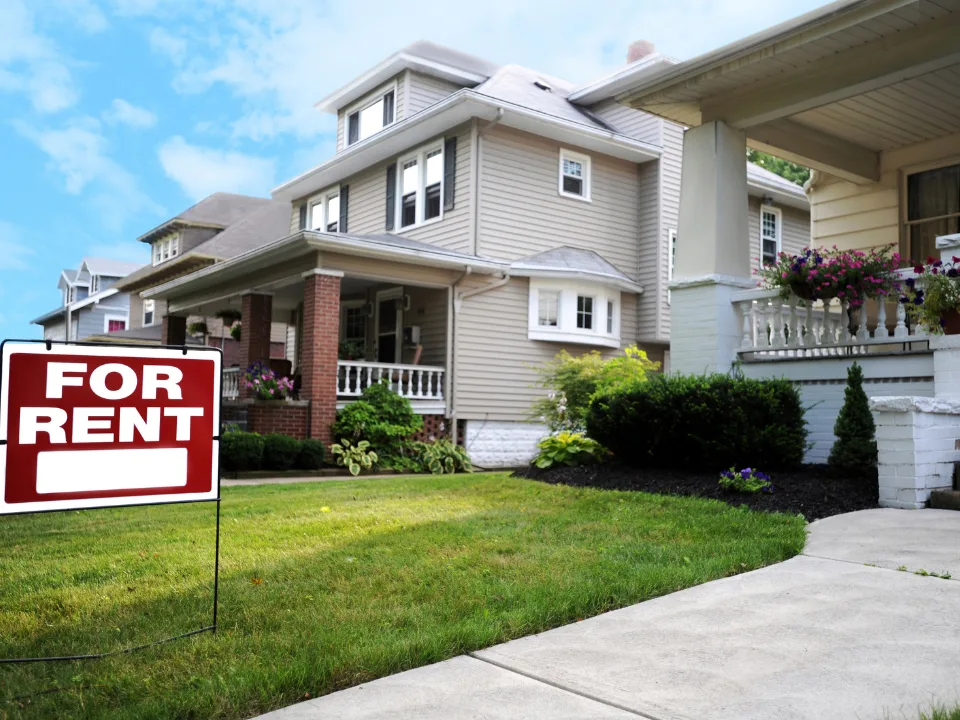- Pandemic-era demand for life sciences properties has plummeted, leading to oversupply in key markets like Boston, San Diego, and the Bay Area.
- Some developers are converting life sciences buildings into office space, accepting lower rents to avoid vacancies.
- High interest rates and weak venture capital funding have lowered demand for lab spaces, further straining the market.
During the pandemic, life sciences properties became a hot commodity as biotech and pharmaceutical companies scrambled for lab space, as reported in WSJ.
However, what was once seen as a booming sector has now resulted in a glut of unused real estate. Developers are turning to an unconventional solution: converting life sciences buildings into offices.
Boom and Bust
At the height of the pandemic, demand for life sciences spaces surged, driven by the biotech sector’s response to COVID-19. Developers rushed to build specialized spaces, often converting office buildings into labs.
According to JLL, between 2020 and 2023, 59 MSF of new lab space was added nationwide—a sharp increase compared to the 3.7 MSF added in the five years before the pandemic.
However, the pandemic-era boom has fizzled out. Many life sciences companies are now scaling back their growth due to rising interest rates, weak venture capital funding, and an uncertain economy. This has left cities like Boston, San Diego, and the Bay Area, which saw the most rapid growth in life-sciences development, grappling with oversupply.
“A lot of people just threw money in stupidly,” said Joel Marcus, executive chairman and founder of Alexandria Real Estate Equities (ARE), one of the largest owners of life sciences property in the U.S., which has seen its share price plunge due in part to the sector’s oversupply.
Back to The Office
With vacancy rates in the Boston area now soaring to nearly 28%—up from 6% in late 2020—developers are looking for alternative revenue streams from their vacant buildings.
According to Fred Borges of Rockpoint Group, more owners are now offering life sciences buildings as office space, even if it means a 30% cut in asking rents. This particular conversion trend is also being seen in San Diego and San Francisco.
In some cases, life sciences projects have halted altogether. For example, a nine-story project in Somerville, MA, paused construction indefinitely, waiting for market conditions to improve.
Financial Fallout
The oversupply has obviously impacted property values, with even high-quality life sciences assets losing 15–20% of their peak value.
Distress in the sector has already affected the broader financial landscape, as evidenced by Citigroup’s downgrade of Bank OZK (OZK), which had invested heavily in a San Diego life sciences campus.
Hope on The Horizon
Despite current challenges, life sciences developers remain cautiously optimistic. The uptick in biotech IPOs and venture capital funding in 2024 offers some hope for a recovery.
For now, many life sciences property owners are just weathering the storm, willing to pivot to office leasing or wait for better market conditions. The once-hot sector may take years to stabilize fully, but developers with some financial cushioning are better positioned to endure the downturn.
















